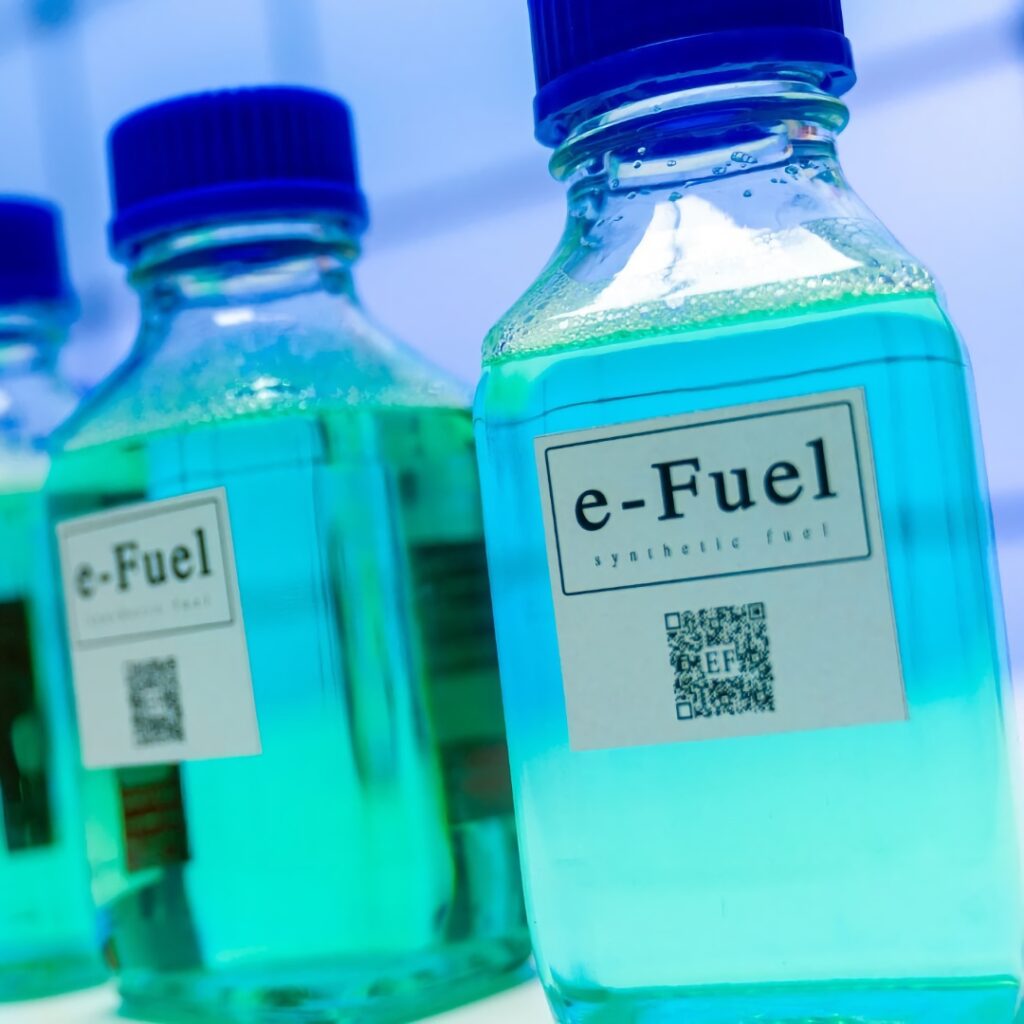If you are passionate about cars and the transition to greener vehicles, this article is a must-read. You will find out how Italy and Germany are trying to protect combustion engines and what solutions they propose.
Thermal engines are under pressure due to the increasing transition to electric vehicles. But Italy and Germany are fighting to defend traditional engines, focusing on biofuels and e-fuel. Learn how these alternatives can influence the future of the European automotive industry.
If you are concerned about the environment but are fond of combustion engines, biofuel and e-fuel solutions may be the compromise you are looking for. These fuels can help reduce emissions without disrupting the automotive industry.
Share this article with those interested in the future of the automotive industry. Leave a comment with your thoughts on alternatives to traditional engines and how cars should evolve in the era of ecology.
The automotive industry is experiencing a momentous shift toward electric mobility, but Italy and Germany are trying to keep hope alive for combustion engines. At a recent meeting of the permanent representatives of the Council of the European Union, Italy surprised everyone by opposing the EU’s ban on the production and sale of polluting cars starting in 2035. This represents a significant change in position from the agreement previously advocated.
But what is driving Italy and Germany to resist the trend toward electric vehicles? The answer lies in biofuels and electronic fuels. These alternative fuels, although expensive and controversial, represent the hope of preserving thermal engines.
In Italy, the Minister of Environment and Energy Security, Gilberto Pichetto Fratin, has strongly supported “renewable fuels compatible with thermal engines” as an alternative to the full transition to electric vehicles. These solutions, according to the minister, can help reduce emissions without placing an undue burden on citizens.
Germany, on the other hand, is asking the EU for an exemption that would allow the use of biofuels and e-fuels even after 2035. The German government has announced a significant investment to support e-fuel production by 2026, seeking to preserve the country’s heat engines.
But there is an important distinction to be made between biofuels and e-fuels. Biofuels are derived from waste and agricultural wastes, but some are associated with deforestation and intensive land use. On the other hand, e-fuels, produced in the laboratory using carbon dioxide and hydrogen, are extremely expensive and have similar emissions to conventional fuels during combustion.
According to Transport & Environment, synthetic fuels should be used as a priority for aviation, since aircraft cannot easily adopt electric batteries. Using e-fuel for road vehicles would require significantly more renewable energy production, which may not be cost-effective in the short term.
In short, Italy and Germany are trying to resist the wave of car electrification by focusing on biofuels and e-fuels. However, these solutions raise questions about their actual sustainability and effectiveness in addressing environmental challenges. The future of the European automotive industry hangs in the balance, and the fate of combustion engines remains uncertain.
But there is an important distinction to be made between biofuels and e-fuels. Biofuels are derived from waste and agricultural wastes, but some are associated with deforestation and intensive land use.
On the other hand, e-fuels, produced in the laboratory from carbon dioxide and hydrogen, are extremely expensive and have similar emissions to conventional fuels during combustion.
Share this article if you care about the future of vehicles and want to discuss the challenges and opportunities ahead in the era of sustainable mobility.



